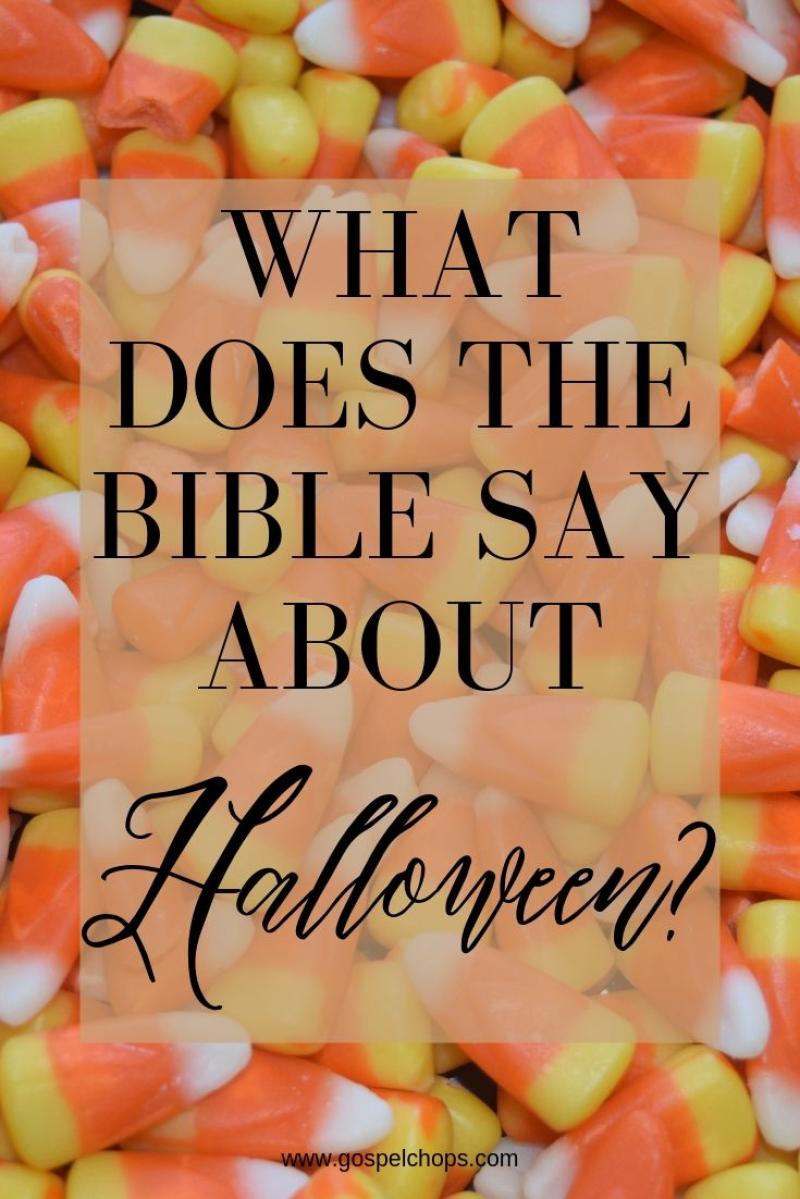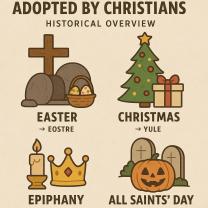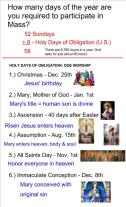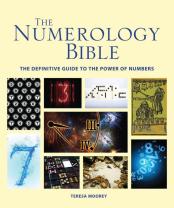What does the Bible say about celebrating holidays?
The Bible does not provide explicit instructions or commands regarding the celebration of specific holidays, as many modern holidays did not exist during biblical times. However, the principles found in the Bible can guide individuals and communities in how they approach celebrations and festivities.
General Principles:
Gratitude and Thanksgiving:
The Bible encourages gratitude and thanksgiving. Many holidays involve expressing gratitude for God's blessings.
Colossians 3:17 (NIV): "And whatever you do, whether in word or deed, do it all in the name of the Lord Jesus, giving thanks to God the Father through him."
Joy and Celebration:
The Bible recognizes the importance of joy and celebration, especially in acknowledging God's goodness.
Psalm 118:24 (NIV): "The Lord has done it this very day; let us rejoice today and be glad."
Ecclesiastes 3:4 (NIV): "a time to weep and a time to laugh, a time to mourn and a time to dance."
Unity and Fellowship:
Holidays often provide opportunities for unity, fellowship, and strengthening community bonds.
Hebrews 10:24-25 (NIV): "And let us consider how we may spur one another on toward love and good deeds, not giving up meeting together, as some are in the habit of doing, but encouraging one another—and all the more as you see the Day approaching."
Cautionary Notes:
Avoiding Idolatry:
The Bible warns against participating in practices that involve idolatry or go against biblical principles.
Exodus 20:3-5 (NIV): "You shall have no other gods before me... You shall not bow down to them or worship them; for I, the Lord your God, am a jealous God..."
Moderation and Self-Control:
The Bible encourages moderation and self-control, even in times of celebration.
Proverbs 25:16 (NIV): "If you find honey, eat just enough—too much of it, and you will vomit."
Galatians 5:22-23 (NIV): "But the fruit of the Spirit is love, joy, peace, forbearance, kindness, goodness, faithfulness, gentleness and self-control."
Cultural and Personal Considerations:
Respecting Cultural Practices:
- The Bible acknowledges cultural diversity, and many holidays have cultural significance. Respectful participation in cultural traditions is often considered acceptable.
Personal Convictions:
Romans 14 discusses the importance of not passing judgment on others regarding personal convictions, including the observance of days.
Romans 14:5-6 (NIV): "One person considers one day more sacred than another; another considers every day alike. Each of them should be fully convinced in their own mind. Whoever regards one day as special does so to the Lord..."
Ultimately, how individuals or communities choose to celebrate holidays should be guided by biblical principles, personal convictions, and cultural awareness. The key is to approach celebrations with a heart focused on God, gratitude, love, and respect for others.
The Bible does not explicitly mention or prohibit the celebration of holidays. However, there are a number of passages that can be interpreted as relevant to the topic.
One passage is Leviticus 23, which lists the seven annual feasts that the Israelites were commanded to celebrate: Passover, Unleavened Bread, Firstfruits, Weeks, Trumpets, Day of Atonement, and Tabernacles. These feasts were religious holidays that commemorated important events in the history of the Israelites, such as the Exodus from Egypt and the giving of the Law.
Another passage is Colossians 2:16-17, which says:
Therefore do not let anyone judge you by what you eat or drink, or with regard to a religious festival, a New Moon celebration or a Sabbath day. These are a shadow of the things that were to come; the reality, however, is found in Christ.
This passage can be interpreted as saying that Christians are not bound by the same religious holidays that the Israelites were commanded to celebrate. However, it is important to note that the passage does not say that Christians should not celebrate holidays.
Examining relevant passages and interpretations regarding holiday celebrations in the Bible
There are a number of different interpretations of the biblical passages that are relevant to holiday celebrations. Some people believe that Christians are free to celebrate any holiday they want, as long as it does not glorify false gods or lead them away from their faith in Jesus Christ. Others believe that Christians should only celebrate holidays that are explicitly mentioned in the Bible, such as Passover and Christmas. Still others believe that Christians should avoid celebrating all holidays, regardless of their origin or purpose.
There is no right or wrong answer to the question of whether or not Christians should celebrate holidays. Ultimately, it is a decision that each individual Christian must make for themselves.
Insights into the religious and cultural significance of holidays from a biblical standpoint
Holidays can serve a number of important religious and cultural purposes. They can help to:
- Commemorate important events in the history of a religion or culture.
- Provide opportunities for people to come together and worship God or celebrate their shared heritage.
- Strengthen family and community bonds.
- Transmit religious and cultural values to future generations.
From a biblical standpoint, holidays can be seen as a way to honor God and to celebrate His goodness. They can also be a way to teach people about God and His love.
Here are some specific examples of the religious and cultural significance of holidays from a biblical standpoint:
- Passover: Passover is a Jewish holiday that commemorates the Exodus from Egypt. It is a time for Jews to remember how God saved them from slavery and to celebrate their freedom.
- Christmas: Christmas is a Christian holiday that celebrates the birth of Jesus Christ. It is a time for Christians to remember God's gift of salvation and to give thanks for Jesus' love.
- Hanukkah: Hanukkah is a Jewish holiday that commemorates the rededication of the Second Temple in Jerusalem. It is a time for Jews to celebrate God's faithfulness and to remember His miracles.
- Diwali: Diwali is a Hindu holiday that celebrates the victory of good over evil and light over darkness. It is a time for Hindus to reflect on their own spiritual journey and to set new goals for the coming year.
- Eid al-Fitr: Eid al-Fitr is a Muslim holiday that marks the end of the month of Ramadan. It is a time for Muslims to celebrate God's blessings and to give thanks for the opportunity to fast and pray.
These are just a few examples of the many different holidays that are celebrated around the world. Each holiday has its own unique religious and cultural significance.











